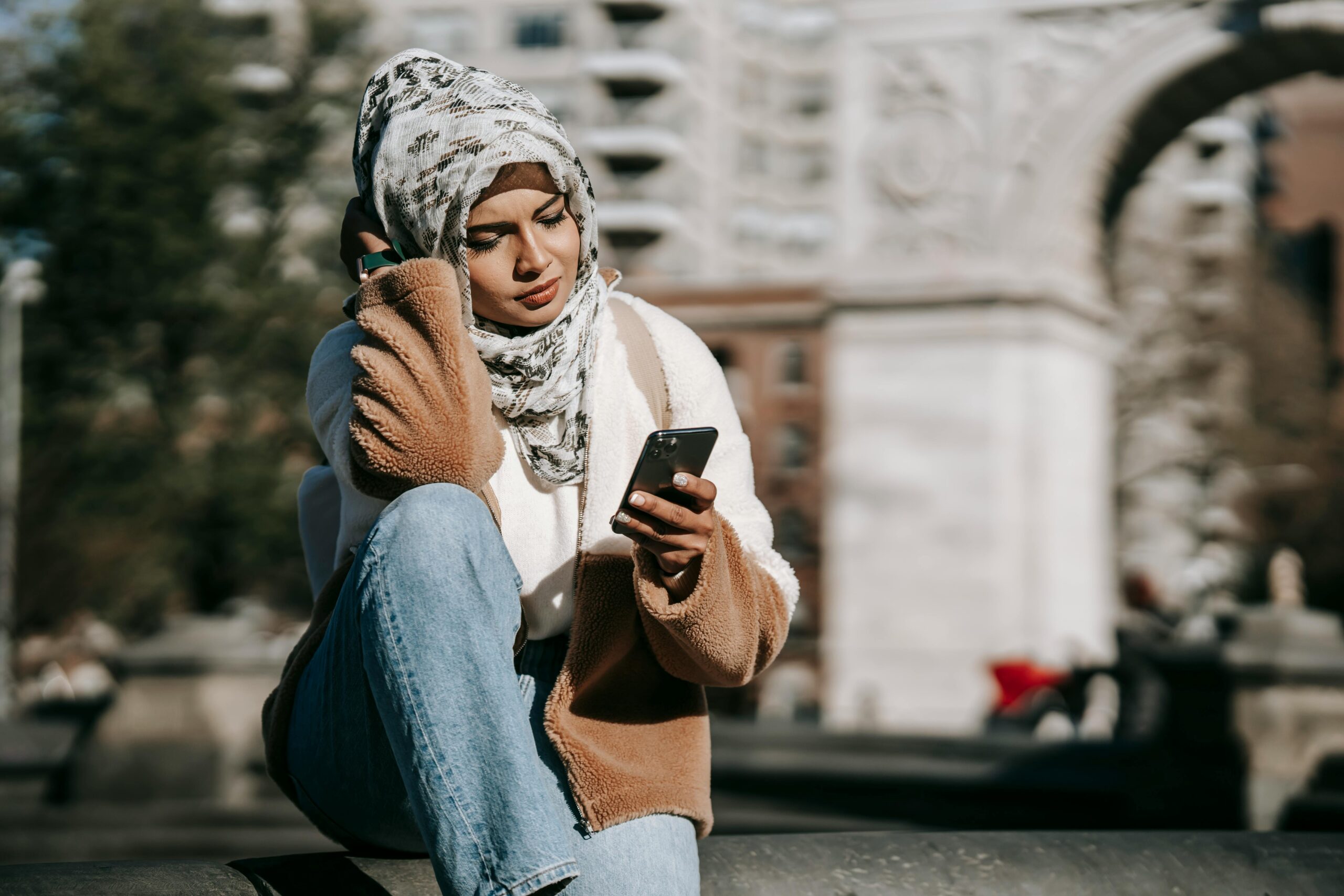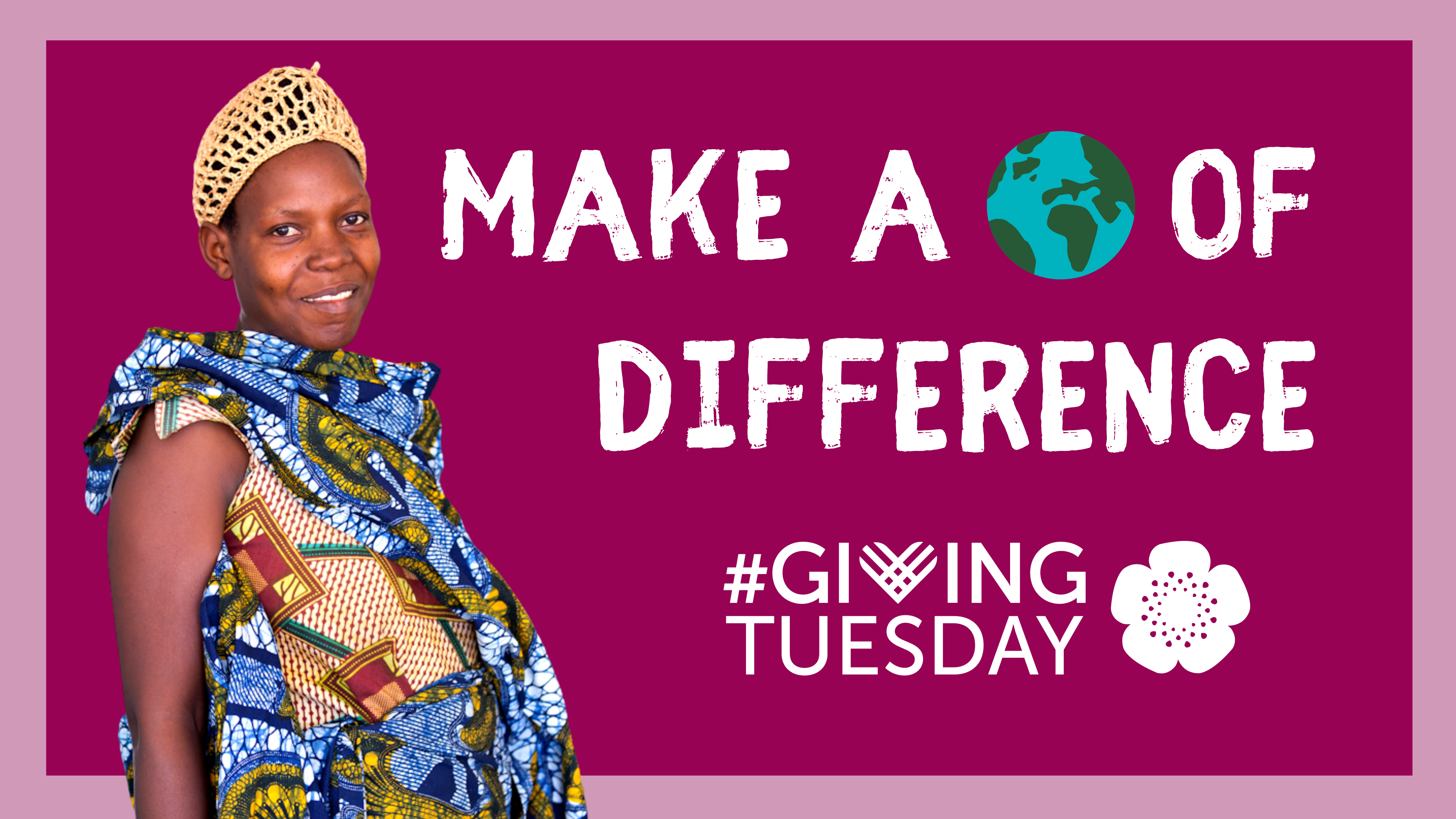
Serving in the military is a noble pursuit, but for women, there is a significant negative aspect to it. With reports by the Ministry of Defence (MOD) in the UK revealing that servicewomen aged 20-44 are the most likely to have a mental health diagnosis, it’s important to ensure there are support systems to help.
Unfortunately, a recent study into the military charity sector has shown that more needs to be done to provide proper support, particularly for service leavers. Specialist lawyers Bolt Burdon Kemp, alongside charity Veteran’s Lifeline carried out a survey asking military charities to assess their sector and the support they receive. Here are the results from the survey:
Military charities believe the government needs to do more for veterans’ mental health
The consensus among military charities is that the government simply isn’t doing enough to help them provide the right level of support.
Over two-thirds of military charities think neither the government nor the Armed Forces are doing enough to support veterans’ mental health. What’s more, 10% and 5% of charities respectively say these two bodies aren’t doing anything to help veterans with their mental wellbeing.
Unfortunately, this affects servicewomen far more than servicemen. With servicewomen being more likely to be diagnosed with a mental health issue, any lack of support will see them left behind through no fault of their own.

Military charities feel unequipped to help with mental health trauma
While military charities do their best to serve as a source of support for veterans, treating mental health trauma is a specialist service. As such, 2 in 5 military charities say their employees aren’t formally trained in spotting or treating mental disorders and therefore feel ill-equipped to help with these types of cases.
Working with people that have complex mental health issues can also take its toll on the person providing the support. However, only 3 in 5 military charities reported being able to provide formal mental health support or training to staff that deal with traumatic cases. Overall, many military charities noted that they don’t feel their sector have the resources to provide the right level of support for veterans with mental health issues.

Veterans during COVID-19
While all outlined above continues to be an issue, the pandemic has brought its own problems. Service personnel have been invaluable in providing aid as coronavirus spreads across the country, but recent studies have revealed that many of them are struggling at this time. In particular, there’s been a 50% increase in both male and female veterans struggling with mental health, with isolated veterans feeling the strain day after day. In fact, a research project has been launched to find out what the impact of COVID-19 has been on the Armed Forces.
The perfect storm?
Everything considered, social isolation, financial turmoil and pressure on mental health during this pandemic could culminate in the perfect storm for female personnel. Without veterans having a reliable place to turn for support, we could potentially be looking at a major mental health crisis within the military. Female servicewomen and veterans need to be heard, and their unique experiences and issues need to be addressed, to support them with the same zeal and passion with which they serve their country.

















